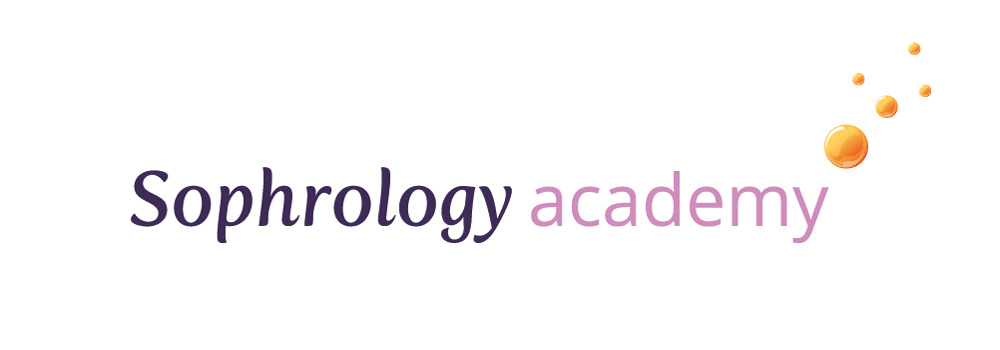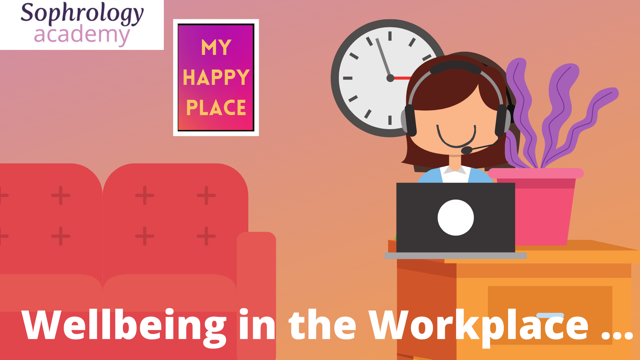Figures recently published prior to the COVID 19 outbreak show a continued drop in staff absence – the lowest since records began, according to a recent CIPD report.
At first glance this may appear to be good news, but delve a little deeper and we find that the report states that whilst we have less staff sick days as a whole, the number of short absences through minor illnesses has risen.
It is believed that a growing number of short absences are indicative of issues around staff wellbeing, with a self-certified day here or there being used as a coping strategy for issues such as stress and anxiety. Now with the coronavirus likely to have a significant impact on home and work situations, employers will need to be particularly vigilant of pre-absence stressors which staff may present with for the foreseeable future.
Going Above and Beyond – Employers’ Obligations
The Health and Safety at Work Act 1992 guides employers’ legal obligations to provide a safe and appropriate workplace environment. However, whilst policies and procedures seek to ensure staff safety, staff wellbeing continues to be largely overlooked when it comes to carving up the company budget.
It is reported that 1 in 10 employees say they are unhappy at work. However, the addition of job insecurity to the current climate may mean that those who may otherwise have sought to remedy situations will ‘suffer in silence’, resulting in long-term absence further down the line.
And it’s not just in the workplace that mental health issues have risen either; a study of 8 UK universities show that dropouts due to poor mental health have risen by 1084% over recent years, with stress and anxiety being a major contributor to this increase.
Employers and institutions alike may create measures to improve these statistics, but there is one thing which is commonly overlooked: our own ability to reduce – and even prevent – some of the mental health related issues which are so prevalent today.
In short, we need to provide more tools to empower our staff and students to help themselves, whether in the workplace or in new Working from Home situations.
Sophrology as an Effective Staff Wellbeing Tool
Widely used throughout Europe since its inception 60 years ago, Sophrology is now becoming increasingly popular in the UK, having earned its reputation as ‘the’ method for reducing stress and anxiety, amongst other issues such as sleep problems, self-esteem issues and pain management. This complementary therapy which combines the best of Eastern mindfulness techniques and Western relaxation exercises, has been widely researched with a proven impact on reducing the effects of these issues and conditions. Importantly, the primary purpose of Sophrology is to teach students how to maintain their own wellbeing long-term – an appealing factor for employers who recognise the economic advantage of creating a sustainable paradigm shift in their own workforce, leading to:
- Reduced staff sickness/absence by increasing staff morale, positivity and motivation
- Greater employee engagement through a healthier and more inclusive culture
- Improved likelihood of staff retention through happier and more fulfilled staff
- Effective Work/home transitioning and stress-release for in remote working situations
When businesses focus on empowering their staff, they develop more cohesive and energised teams, more likely to engage with company values and become personally invested in their work roles – and more likely to stay with their employer.
The Sophrology Academy: Making Self-development a Part of Work Culture
Sophrology is increasingly being integrated with staff induction modules, away days and staff Health and Wellbeing initiatives to foster a more positive team culture.
At The Sophrology Academy, our training has been modified to fit with current social distancing measures, delivering a range of group programmes delivered both online and in person. From large corporate entities and organisations to colleges and universities, these programmes can help participants to make positive changes to their life from the first session:
- Wellbeing programmes – Empowering people to manage their own wellbeing in a sustainable way
- Leadership development – Preparing leaders to think, connect and perform in more efficient ways
- Performing under pressure – Equipping team members to recognise and deal with reactions to stress and creating strategies to operate at ‘peak performance’ under these conditions
And for those who wish to upskill in their wellbeing practices, we offer a number of a qualifications, including:
- Practitioner Diploma (over 2 years, in-person and online)
- Foundations Certificate (over 1 year, in-persona and online)
Tackling these common issues needs a change of approach, and by helping staff to tap into their own internal resources, we can develop a more positive, empowering – and caring – work and study culture for all.
COVID 19 is a new concern for employers and employees alike, and requires a robust approach to staff wellbeing as they adjust to a new way of working and coping with the impact that the virus will have on their day-to-day lives. Contact The Sophrology Academy for further information, or stay updated on new courses suited to your organisational needs.


